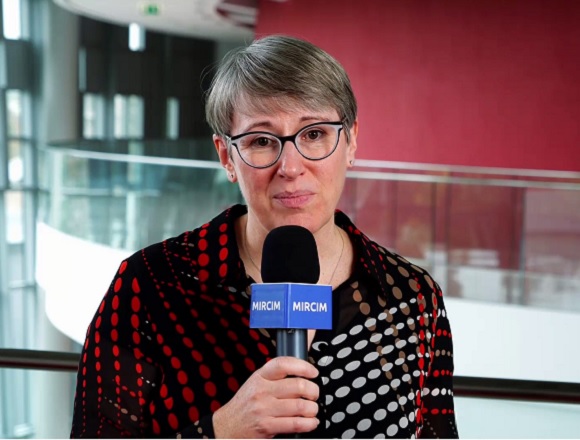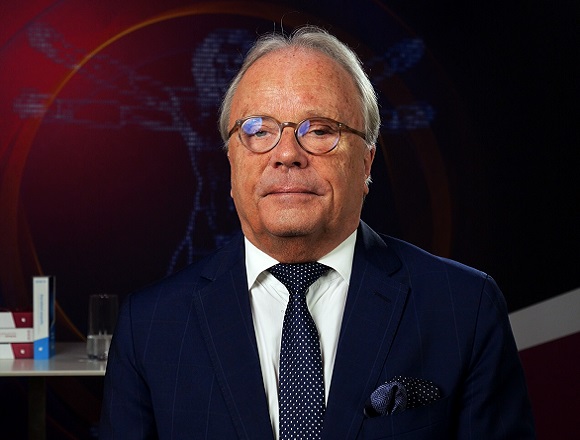Jill Rudkowski, MD, is an associate professor of medicine in the Division of Critical Care at McMaster University, intensivist at St Joseph’s Healthcare Hamilton, and assistant secretary for the Committees for Accreditation of Canadian Medical Schools (CACMS) and Continuing Medical Education (CACME).
You are a critical care clinician, and critical care clinicians usually deal with acute states and relatively short periods of time. Where has the interest in long-term outcomes come from?
I think for me personally it’s because for 15 years I’ve practiced not only critical care medicine but also internal medicine, so I was able to see these patients as they transitioned from the intensive care unit (ICU) into level 2 critical care and then out to the acute medicine ward. It became really clear to me that surviving the ICU is just the beginning of the journey for many people.
And then I had the privilege of working with Dr Margaret Herridge from the University Health Network (UHN) in Toronto, who started a program to understand the long-term outcomes of these patients. I’ve been able to be a coinvestigator in that program and to actually study what happens to people when they leave the ICU. Through this work I was even able to see patients in their homes who were not able, strong enough, or well enough to come back to the hospital to see us on the study. That had a huge impact, again, to understand that surviving an ICU stay has a profound impact on people for the months and years that follow.
 English
English
 Español
Español
 українська
українська








